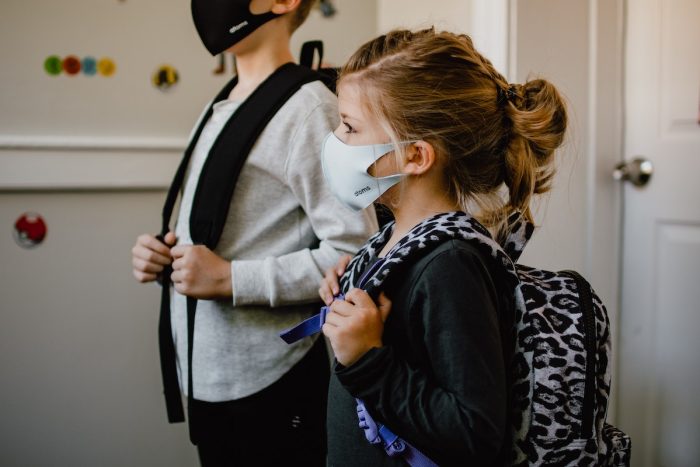Helping Your Youngest Patients and Their Families Attain and Maintain Mental Health and Social/Emotional Stability

Do you have any idea how important primary care pediatricians are in the fight to end childhood mental illness? What we now know through research in brain science and child development is that the first three to five years of life, starting at conception, are the years during which the brain both grows neurons and connects them at its fastest rate. During these years, the brain is at its most amenable/vulnerable to environmental influence on genetic endowment. You are the professionals that see new families the most often in the first years of life. Your families trust and respect you and look to you for guidance. In the context of this caring relationship, you are in a position to both become a “Benevolent Childhood Experience” for all your patients and to screen for those who will need extra vigilance and/or care to avoid Adverse Childhood Experiences. Evidence-based interventions during these years with at risk or already-struggling families provides the greatest long-term return on investment than at any other time in life.
How can a pediatric practice be so powerfully influential? You are already good at the prerequisite: you form caring relationships with parents. Not only is it important that you form such relationships, it is important that every person in your office also does so. From the receptionist who signs the family in to the staff member who accepts the co-pay and makes the next appointment, families need to feel welcomed, respected and valued. For example, looking up from the computer to make friendly eye contact at patient sign-in and sign-out can improve tone during a visit and send a family out with a sense of being thoroughly valued and understood.
Once a family feels respected and cared for, it is more possible to use screening questionnaires to ask parents about experiences they have had in their lives which put them at extra risk for having difficulty parenting. The tools to which I am referring are the Adverse Childhood Experiences Questionnaire, the Benevolent Childhood Experiences Questionnaire and any one of a number of available screens for Social Determinants of Health e.g. the Survey of Wellbeing of Young Children (SWYC). Evidence continues to accumulate that higher caregiver ACES scores and/or lower BCEs scores are associated with emotional problems in both parents themselves and their offspring early in life. A child’s parents’ ACES and BCES scores usually need to be obtained only once. In our area, practices are doing this successfully at the 4-month visit. Social Determinants of Health wax and wane with events in the systems which surround and support or undermine the equilibrium of family life and should arguably be screened for at every well-child or new problem visit.
In public health terms, developing caring relationship throughout a pediatric practice and checking for ACES, BCES and Social Determinants of Health represent primary preventive measures – applied to an entire pediatric population. Often you will already know from your first encounters with a family that there is risk. ACES and BCES and SDH screening is likely to significantly increase your identification of families who may have trouble. What can you do with your at risk families to prevent them passing from “being at risk” to “being in trouble”? A first step might be to empathically recognize that a parent has had a difficult past and to appreciate their resilience. A next step might be to ask what things he would like to emulate from the way he was parented and what he would like to avoid. Another might be to ask her to name persons she might call, including in the middle of the night, were she to find herself “on her last nerve” in coping with her child’s behavior and make a list of their phone numbers for the refrigerator door. Put your “on call” number on that list.
Much thought is being given nationally to pediatric practice transformation with the joint goals of better promoting young children’s socioemotional development/mental health and getting paid to do it. The state’s “First 1000 Days of Medicaid” Project has prioritized 10 ways to promote normal socio-emotional development including allowing pediatricians to refer families for dyadic therapy where a caregiver is identified to be struggling to parent on the basis of caregiver mental illness without illness yet in the infant.
Project TEACH was designed to address primary care clinicians’ concerns about mental health issues in their patients 0-21. In 2018, Project TEACH for Moms was added for perinatal concerns for mothers of any age. As recognition grows that mental health therapeutic and preventive interventions under the age of five carry a greater likelihood for better long-term outcome, we look forward to more calls from you about this age group. We can help you with assessment and promise to keep abreast of where appropriate services are located in your area, given a family’s insurance status. We promise to “have your back” for infants, toddlers and preschoolers as well as for older children and adolescents.
Child
